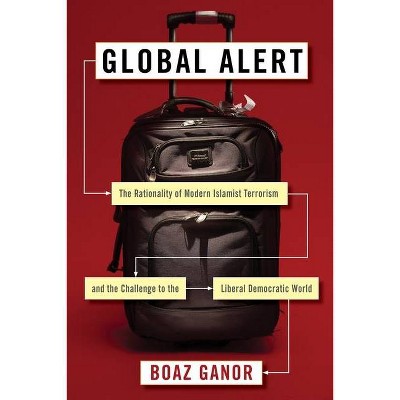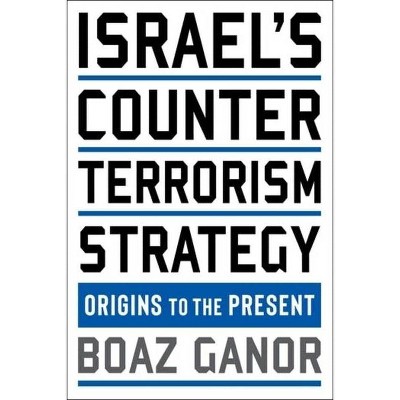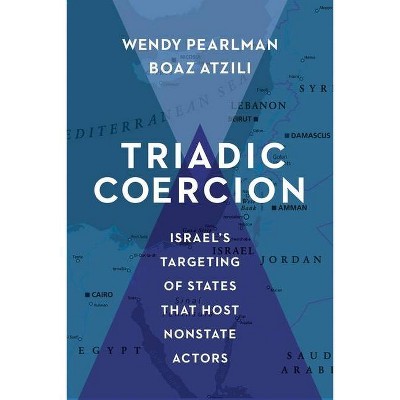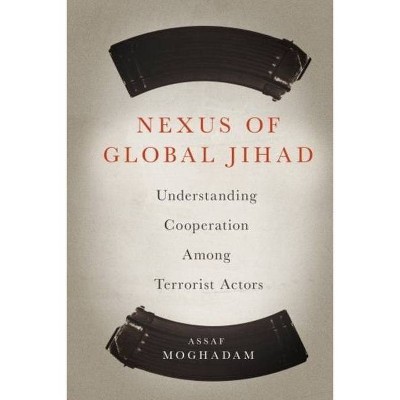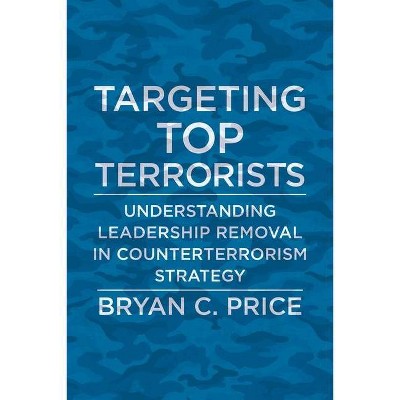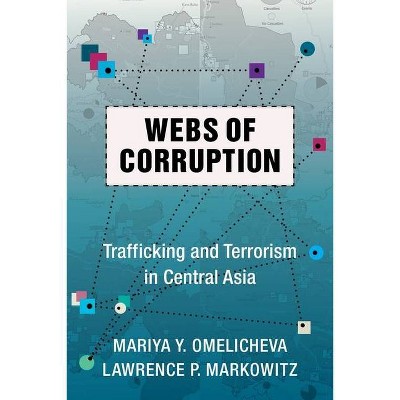Mission Revolution - (Columbia Studies in Terrorism and Irregular Warfare) by Jennifer Taw (Paperback)
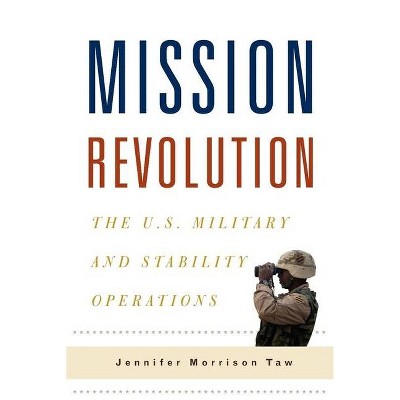
Similar Products
Products of same category from the store
AllProduct info
<p/><br></br><p><b> About the Book </b></p></br></br><p>Defined as operations other than war, stability operations were, for the entire history of the United States military, considered a dangerous distraction if not an outright drain on combat resources. Nonetheless, American troops are now deployed far more often for stability operations than for conventional war. In 2005, the U.S. Department of Defense reversed its traditional stance on stability operations, elevating them to a primary mission alongside more conventional offense and defense goals. Jennifer Morrison Taw argues that this action represented a revolutionary change with significant implications on U.S. foreign policy. Through a detailed examination of the accompanying adjustments to U.S. military doctrine and adaptations in force preparation, Taw connects the elevation of stability operations to the far-reaching, overly ambitious American preoccupation with managing international stability. She also shows how the DOD's decision reinforced and exacerbated domestic politics that already had reduced civilian agencies' capabilities while fostering an unhealthy overreliance on the military.</p><p/><br></br><p><b> Book Synopsis </b></p></br></br>Defined as operations other than war, stability operations can include peacekeeping activities, population control, and counternarcotics efforts, and for the entire history of the United States military, they have been considered a dangerous distraction if not an outright drain on combat resources. Yet in 2005, the U.S. Department of Defense reversed its stance on these practices, a dramatic shift in the mission of the armed forces and their role in foreign and domestic affairs. With the elevation of stability operations, the job of the American armed forces is no longer just to win battles but to create a controlled, nonviolent space for political negotiations and accord. Yet rather than produce revolutionary outcomes, stability operations have resulted in a large-scale mission creep with harmful practical and strategic consequences. <p/>Jennifer Morrison Taw examines the military's sudden embrace of stability operations and its implications for American foreign policy and war. Through a detailed examination of deployments in Iraq and Afghanistan, changes in U.S. military doctrine, adaptations in force preparation, and the political dynamics behind this new stance, Taw connects the preference for stability operations to the far-reaching, overly ambitious American preoccupation with managing international stability. She also shows how domestic politics have reduced civilian agencies' capabilities while fostering an unhealthy overreliance on the military. Introducing new concepts such as securitized instability and institutional privileging, Taw builds a framework for understanding and analyzing the expansion of the American armed forces' responsibilities in an ever-changing security landscape.<p/><br></br><p><b> Review Quotes </b></p></br></br><br>Taw's tightly argued analysis should be of interest to all readers...highly recommended.--Choice<br><br>Well-researched and well-written.... A job well done.--Marine Corps History<br><p/><br></br><p><b> About the Author </b></p></br></br>Jennifer Morrison Taw is associate professor at Claremont McKenna College, teaching international relations, security studies, and U.S. foreign policy. She worked for ten years as a policy analyst at the RAND Corporation, where she focused on counterinsurgency, counterterrorism, and peacekeeping.
Price History
Price Archive shows prices from various stores, lets you see history and find the cheapest. There is no actual sale on the website. For all support, inquiry and suggestion messagescommunication@pricearchive.us
